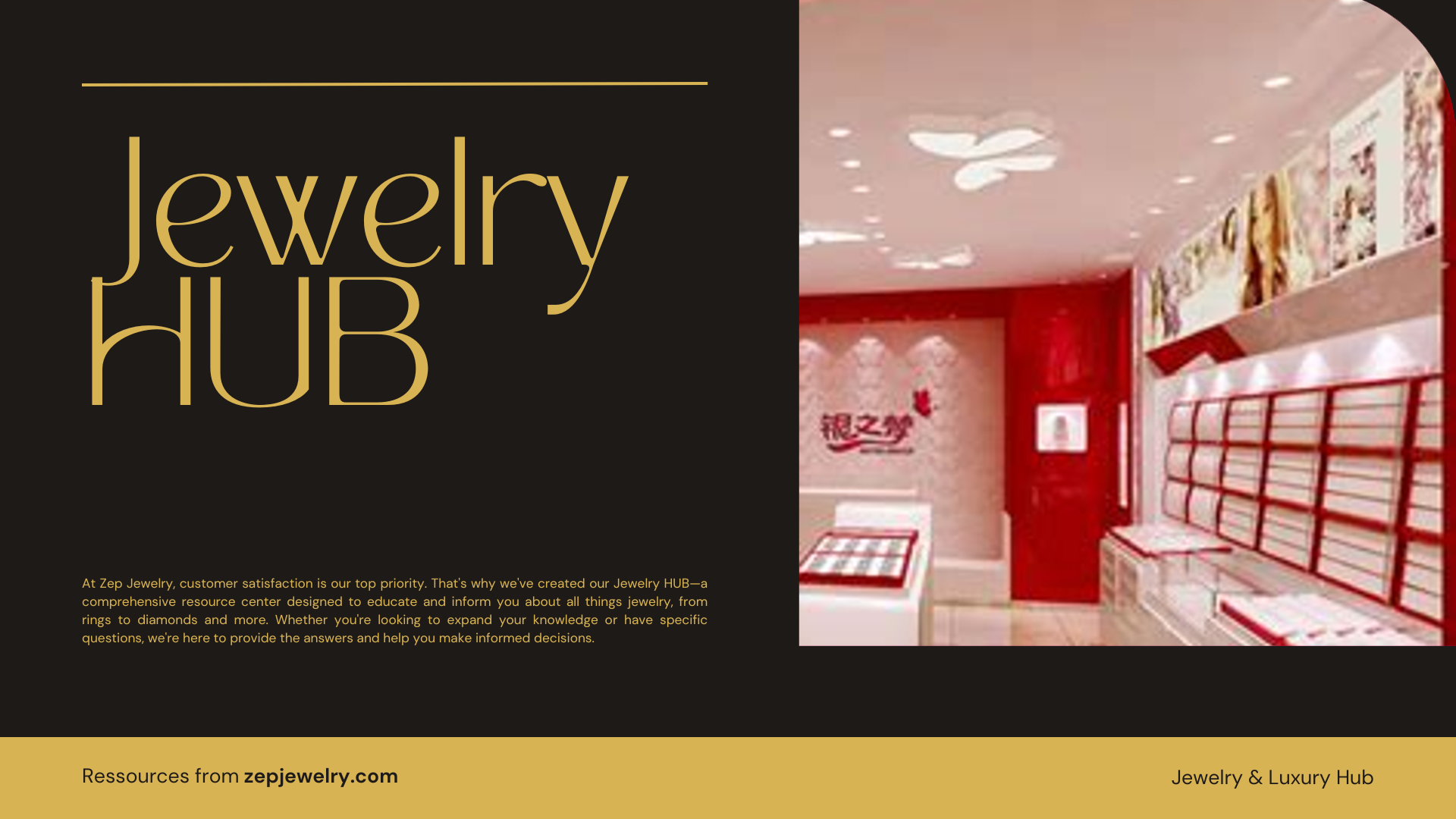Have you ever dug through your attic only to unearth a treasure chest of silver trinkets? You’re not alone—many of us have family heirlooms or odd pieces of silver lying around, but what’s the next step? Surprisingly, jewelry stores often find themselves as eager buyers of these glittering artifacts. Yet, as enticing as that sounds, the world of silver sales isn’t as straightforward as it appears. Just like a fine wine, each type of silver has its own unique value and demand, which can vary significantly between stores. So, what should you know before setting foot into a jewelry store?
Do jewelry stores buy all types of silver?
Do jewelry stores buy all types of silver?
Jewelry stores often purchase various types of silver items, encompassing everything from exquisite silver jewelry and collectible coins to bullion and even silverware. However, it’s essential to understand that not every jewelry store will show interest in every type of silver. Some might specialize exclusively in high-purity assets like bullion, which boasts a silver content of 99.9%, attracting serious collectors and investors willing to pay top dollar.
In addition to bullion, many jewelers are also open to buying silver flatware, serving utensils, and specific pieces of silver art, allowing you to cash in on items that might otherwise sit unused. However, the willingness to buy these different forms of silver largely depends on the store’s purchasing policies, their existing inventory, and the current market demand for such items.
This means that if you have silver pieces at home you’re considering selling, it’s worthwhile to reach out to a few local jewelers to find out what they are willing to buy. Some establishments may only deal in items they can quickly resell, while others might appreciate the uniqueness of your heirloom silverware or vintage jewelry. For the best results, ensure you discuss the purity and condition of your silver items, as these factors significantly influence the price a jeweler will offer.
In summary, while many jewelry stores are indeed interested in purchasing a range of silver types, the specifics can vary quite a bit from one shop to another. Doing some research and seeking out a jeweler known for their fair pricing and expertise can help you maximize the value of what you’re selling.
How much cash value can I expect from selling silver to a jewelry store?
The cash value you can expect from selling silver to a jewelry store can greatly fluctuate, influenced by several factors including the metal’s purity, weight, and the current market conditions. For instance, reputable establishments like Oceanside Jewelers can offer up to 90% of the recoverable metal’s value, particularly when dealing with high-quality items like silver coins or bullion. This is a significantly higher rate compared to other buyers, such as pawn shops or certain jewelers, who often provide substantially lower offers or might not purchase silver altogether.
When you’re contemplating the best place to sell your silver, it’s essential to understand these distinctions. Jewelry stores usually employ knowledgeable staff who can accurately assess the purity and weight of your silver, ensuring you receive a fair price. In contrast, pawn shops often aim to acquire items at the lowest possible price, which can lead to offers that undervalue your silver. Moreover, the fluctuating nature of silver prices—changing in response to economic trends and market demand—means that the best time to sell can also affect your returns.
To truly maximize your profit, it’s advisable to shop around and evaluate different selling avenues before making a decision. Take the time to compare offers and consider local jewelers known for their honesty and integrity. Ultimately, doing your research and consulting multiple sources will help you make a more informed choice, ensuring you get the best possible cash value for your silver.
What factors influence the price I receive for my silver?
Several factors can influence the pricing when selling silver, including the purity of the silver being sold, its weight, and its form. Jewelry stores perform tests, such as acid tests, to determine purity before establishing a quote based on current market prices, which can fluctuate regularly. Notably, selling silver in the form of bullion or coins typically yields higher prices than jewelry due to their ease of resale.
Are jewelry stores a better option than pawn shops for selling silver?
Often, local jewelry stores are a better option than pawn shops for selling silver. Jewelry stores typically have industry expertise, enabling them to accurately value your items and provide fair pricing. In contrast, pawn shops may not recognize the full value of your silver, potentially leading to lower offers. Moreover, jewelry stores are more likely to accept various types of silver, including jewelry that pawn shops might reject, making them a preferable option for many sellers.
Can I sell my silver online for a better price?
While selling silver online can sometimes yield better prices due to lower overhead for online buyers, this path also comes with risks. The internet is rife with potential scams, and sellers must conduct thorough research to find trustworthy buyers. Moreover, the process can be less personal and may involve additional logistics, such as shipping costs and time delays. As a result, while online sales might offer advantages, they require more caution and due diligence compared to selling directly to a reputable local jeweler.
What types of silver does Oceanside Jewelers purchase?
Oceanside Jewelers is known for purchasing a diverse range of silver items. They accept silver jewelry, coins, bullion, flatware, and even sterling serving utensils and watches. However, they do not purchase silver plate. This comprehensive buying policy allows customers to sell almost any form of scrap silver or silver art objects, enhancing the likelihood of getting cash for their unwanted silver items while ensuring competitive pricing.
